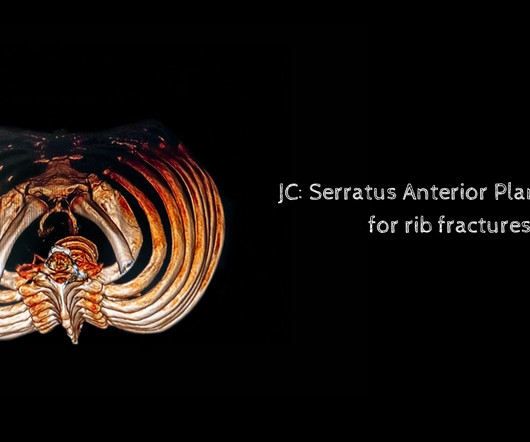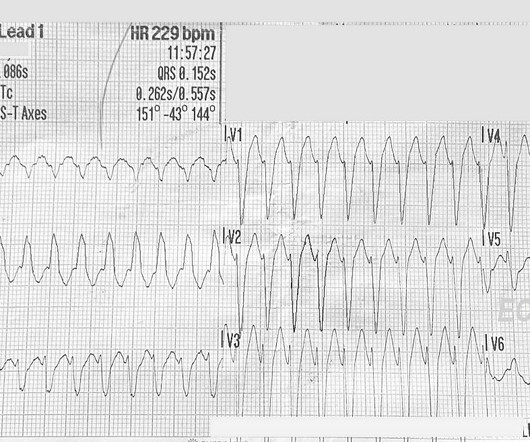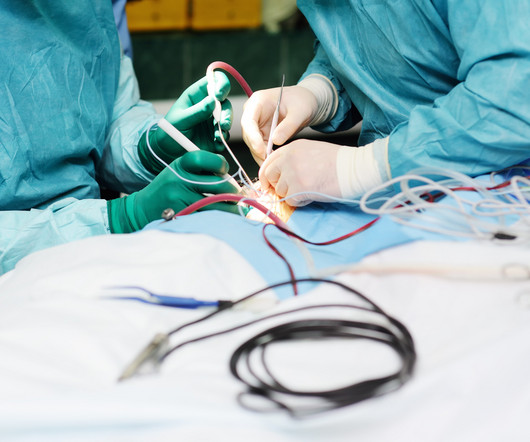What Is: Lunchothorax?
The Trauma Pro
MAY 24, 2024
Here’s an operative tip for trauma professionals who find themselves in the OR. Heard of “lunchothorax?” I’m sure most of you haven’t. The term originated in a 1993 paper on the history of thoracoscopic surgery. It really hasn’t been written about in the context of trauma surgery, though. Lunchothorax is an empyema caused by pleural contamination in patients with concomitant diaphragm and hollow viscus injury.

















Let's personalize your content